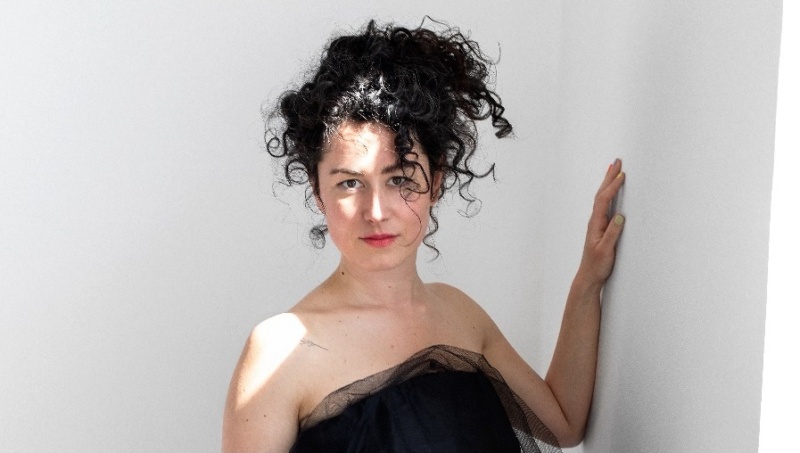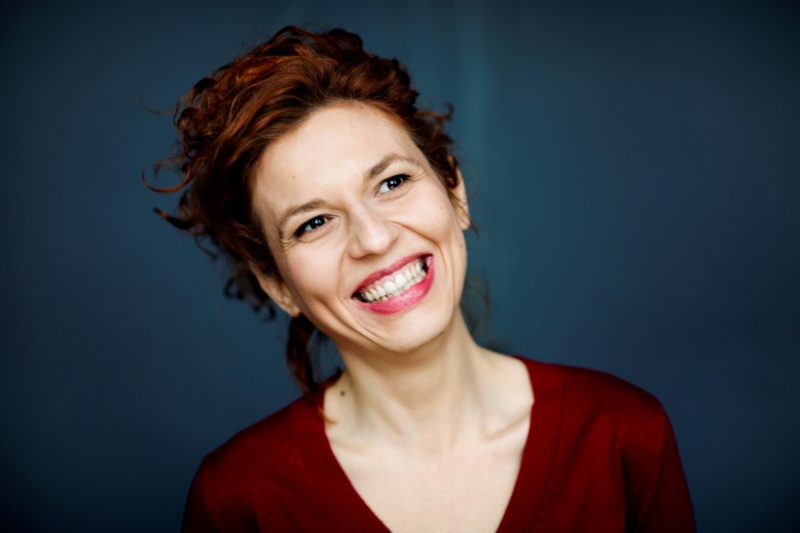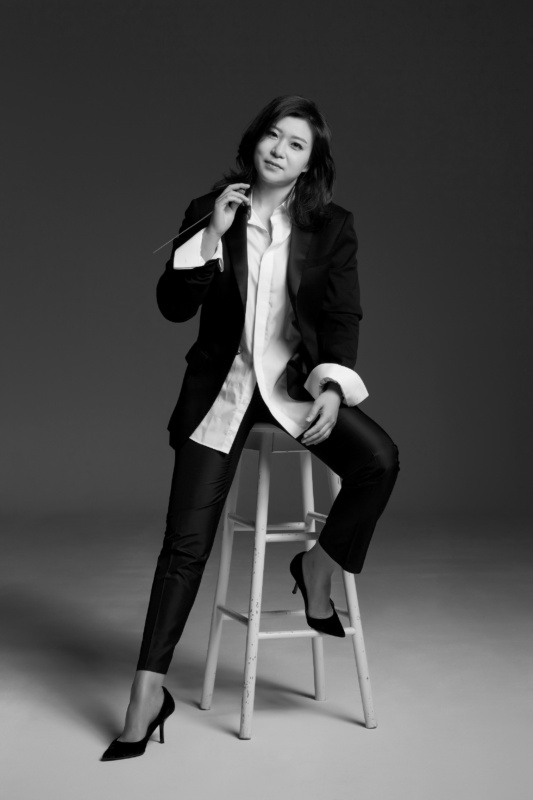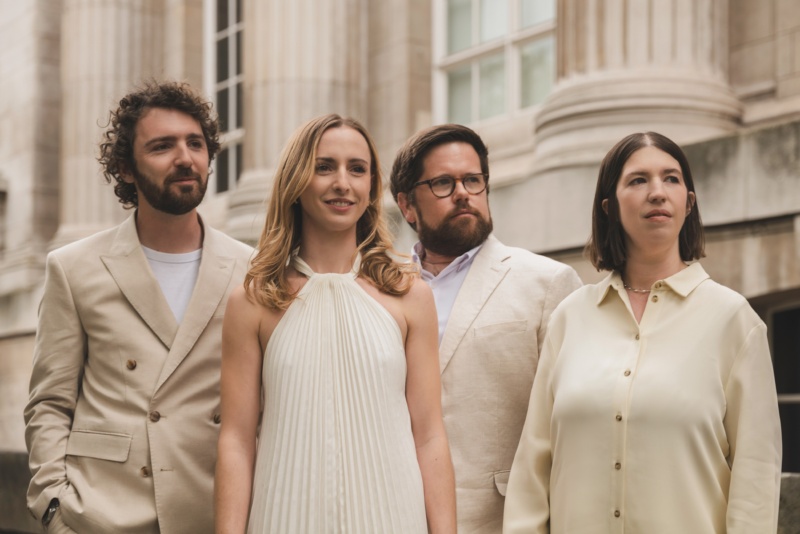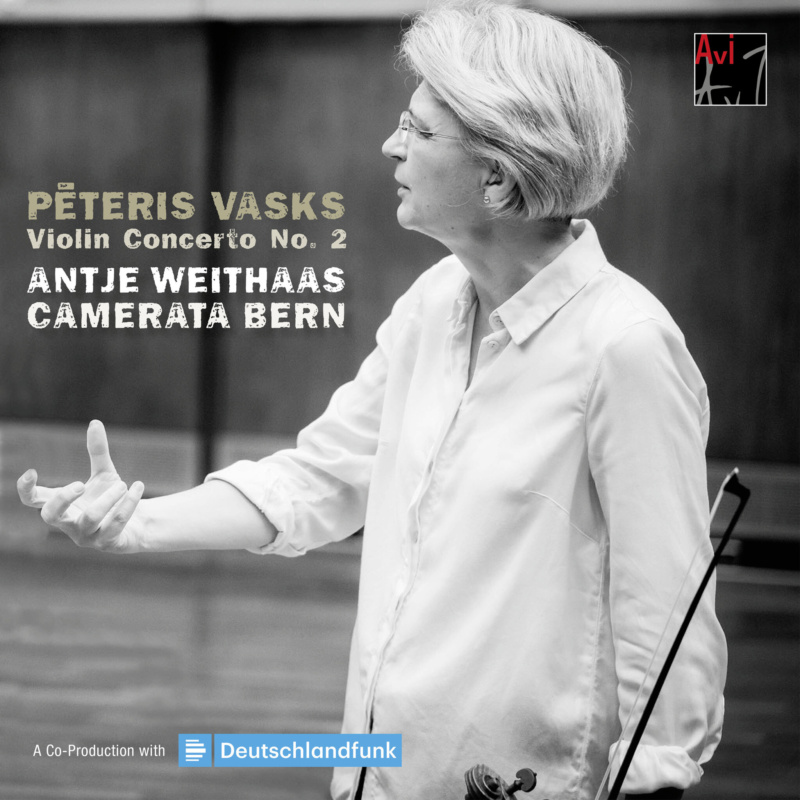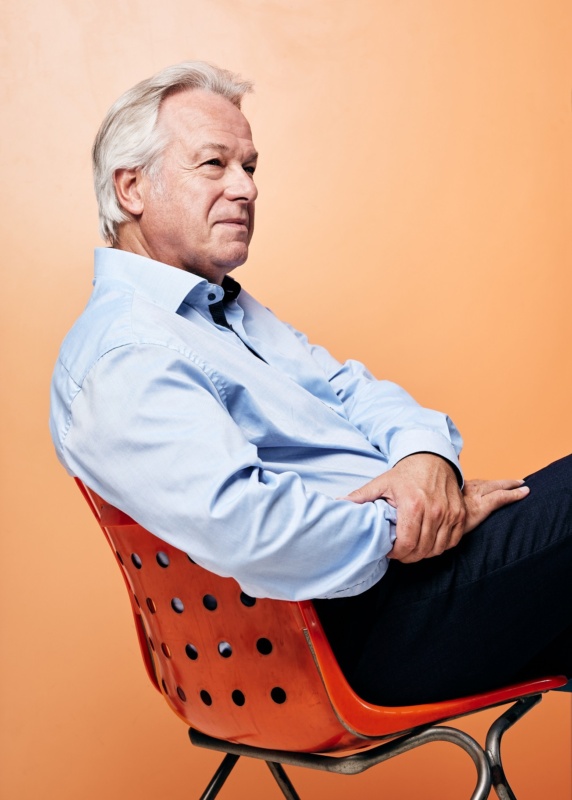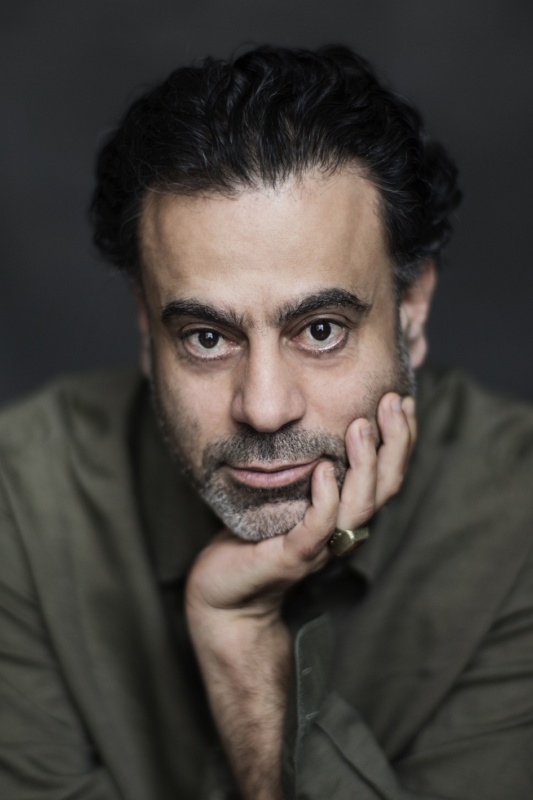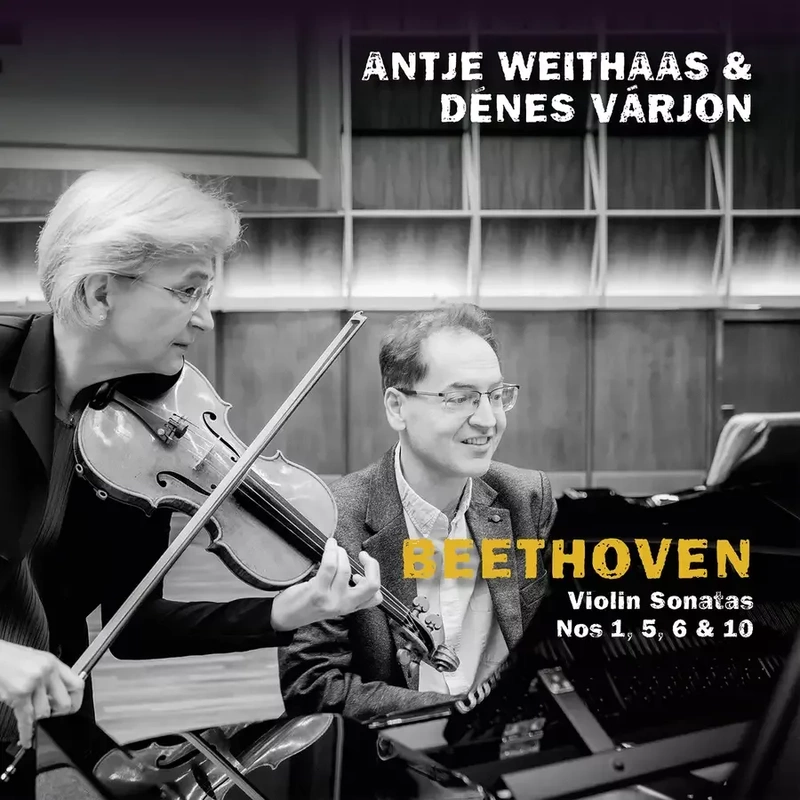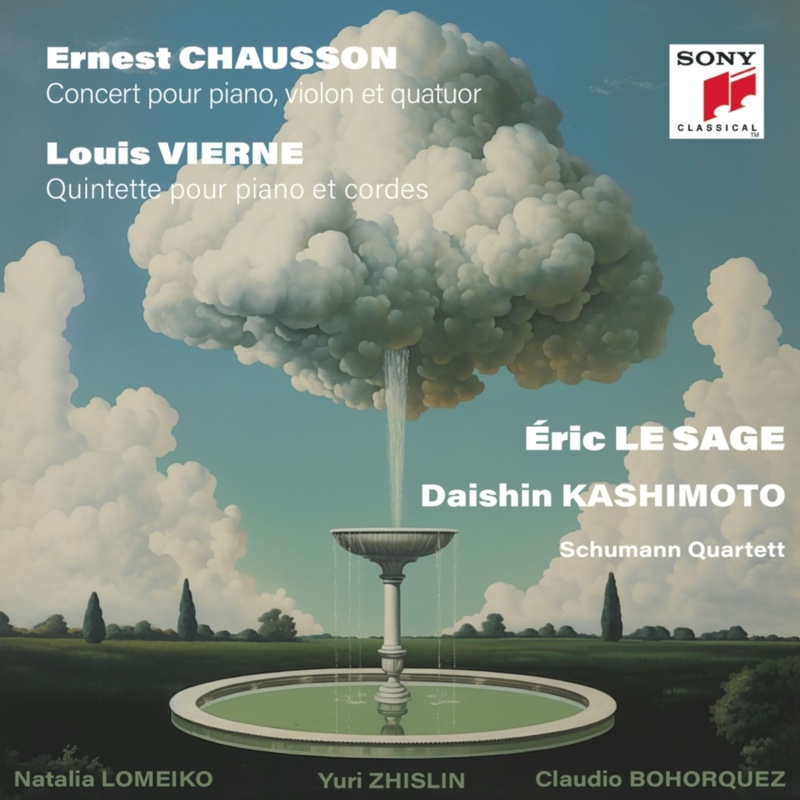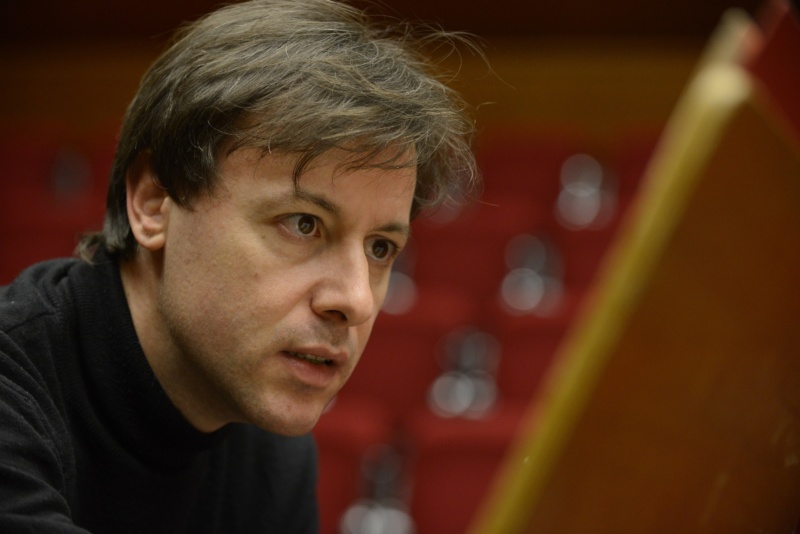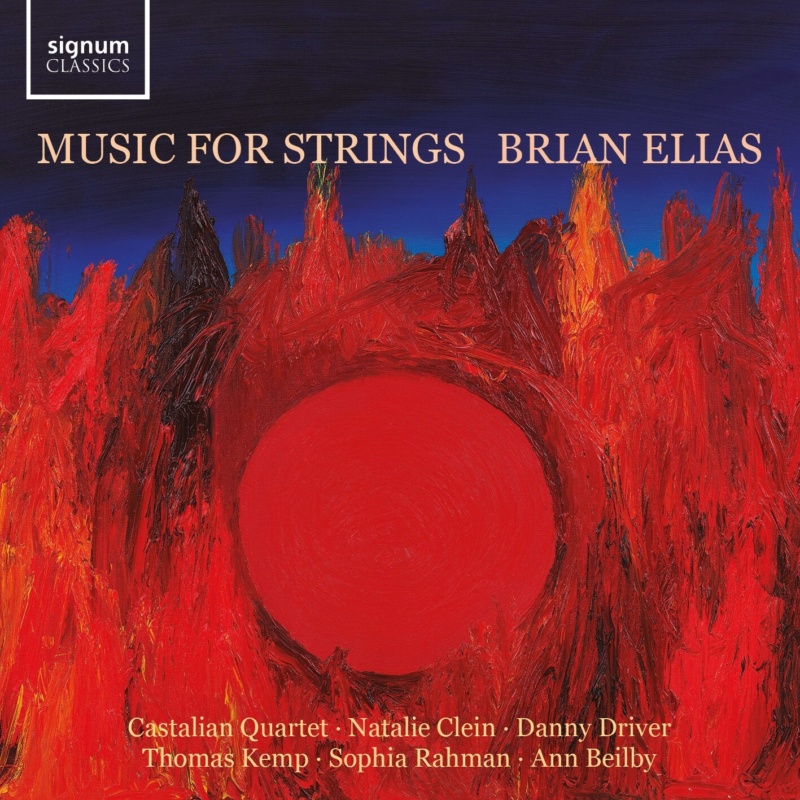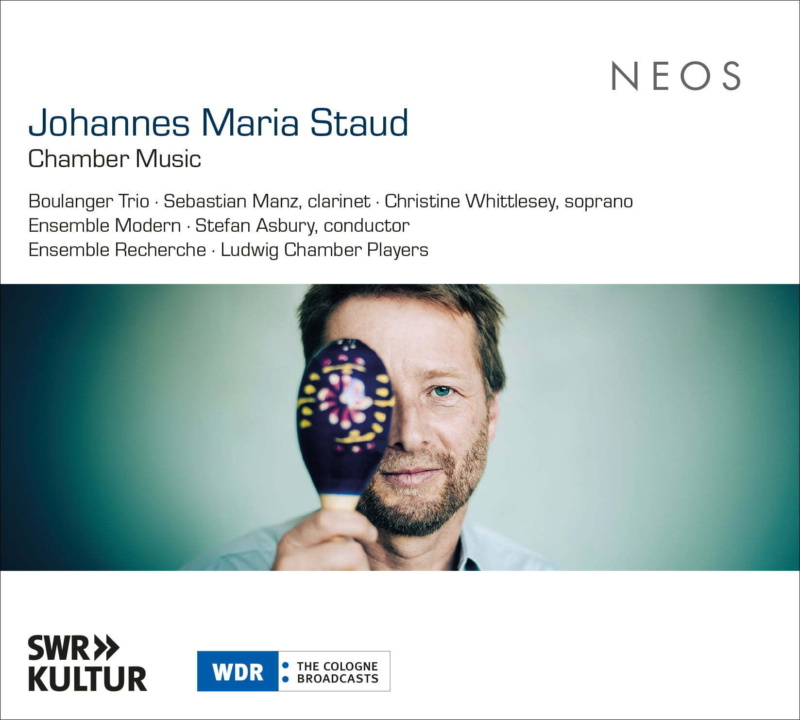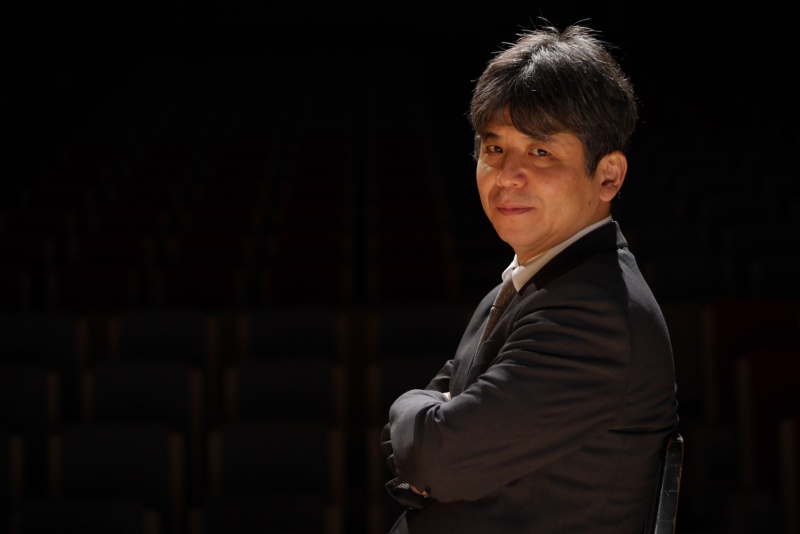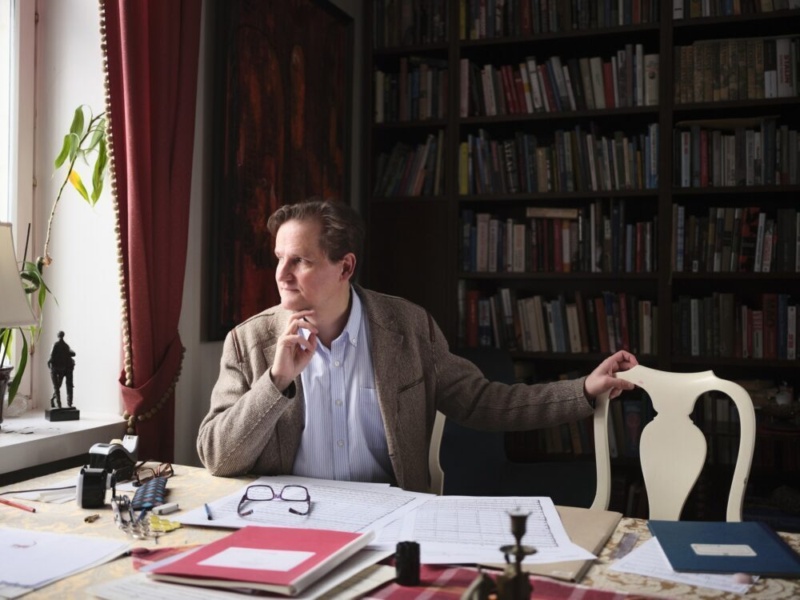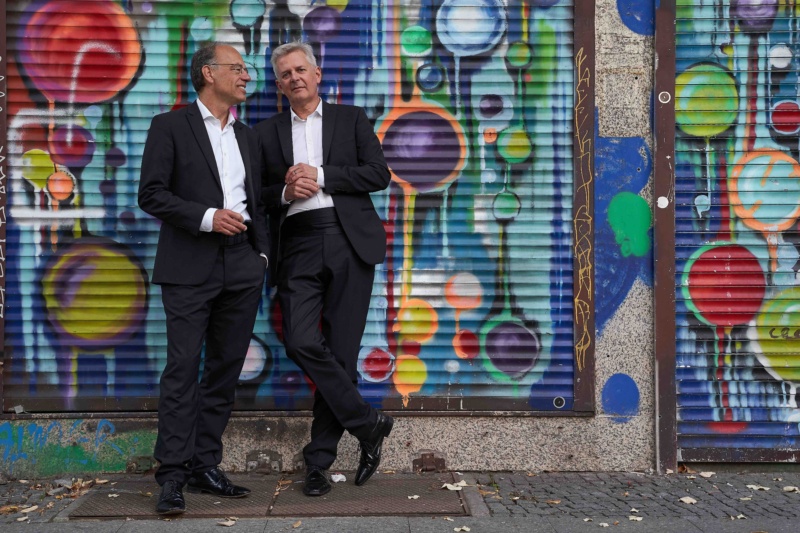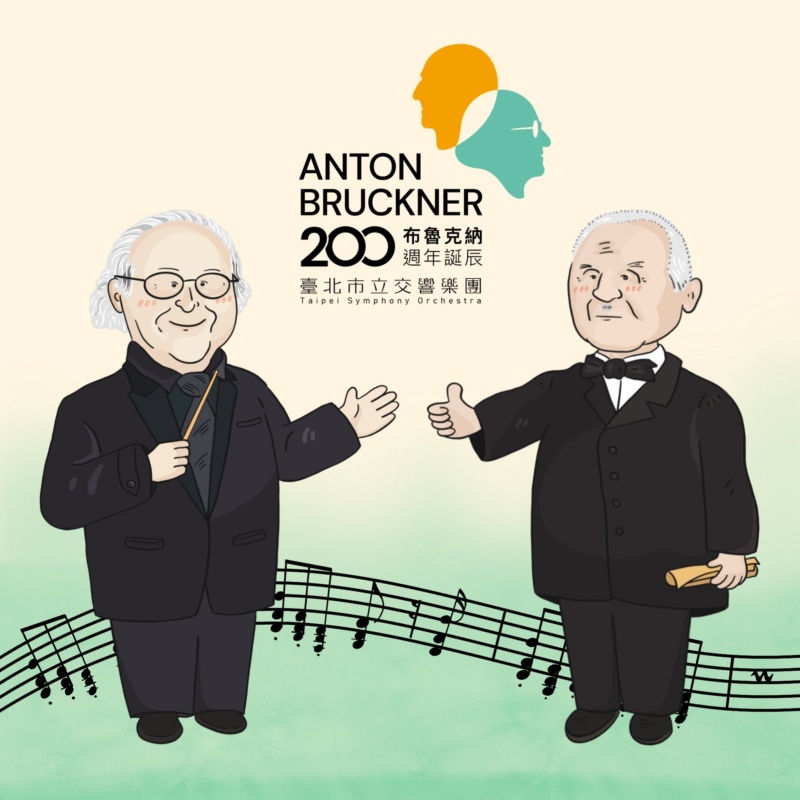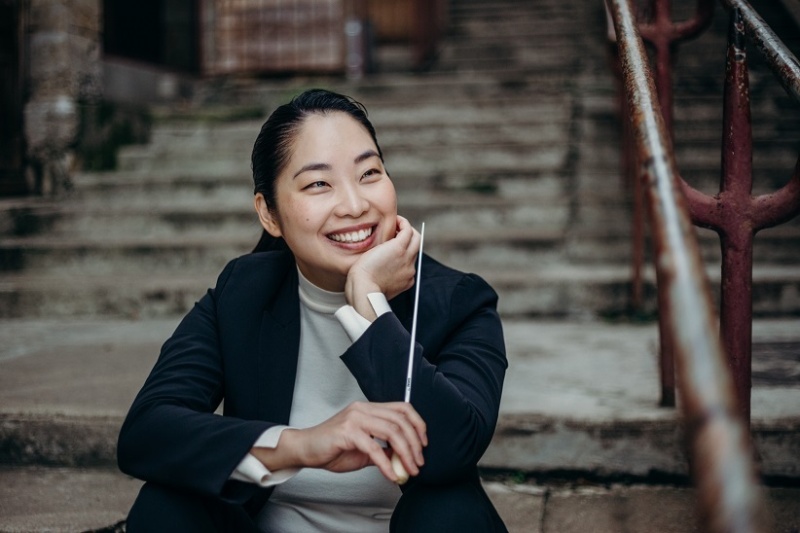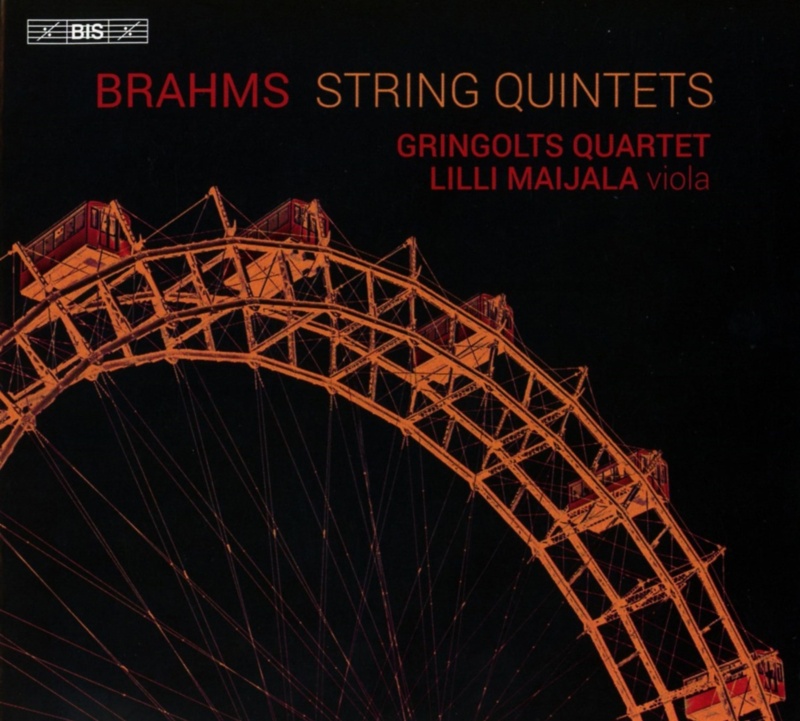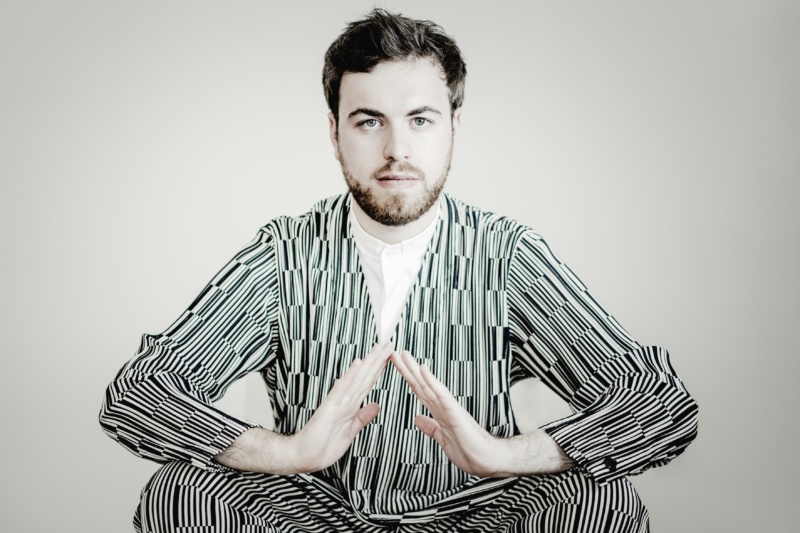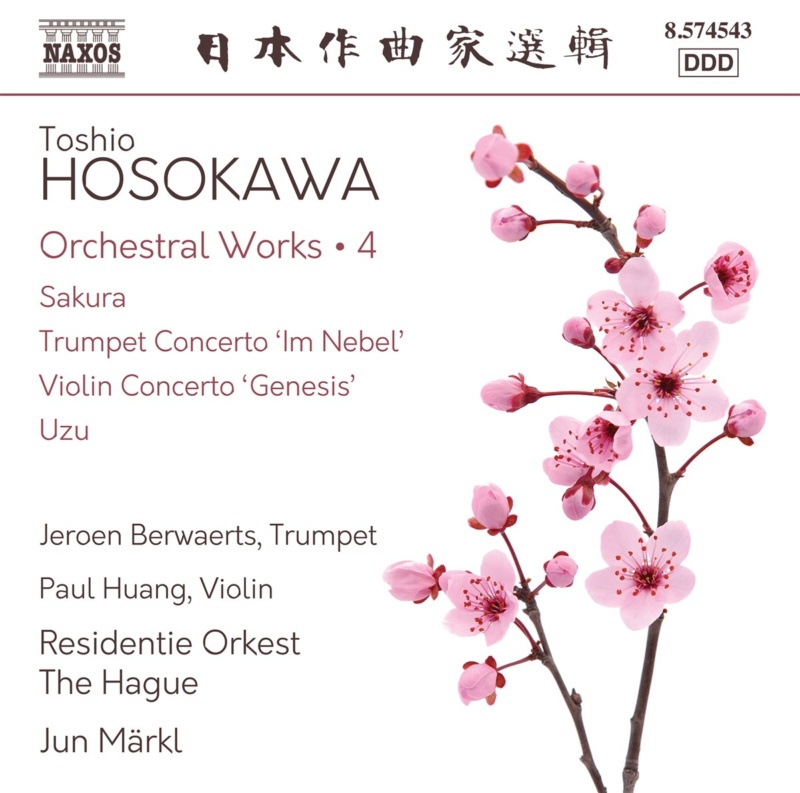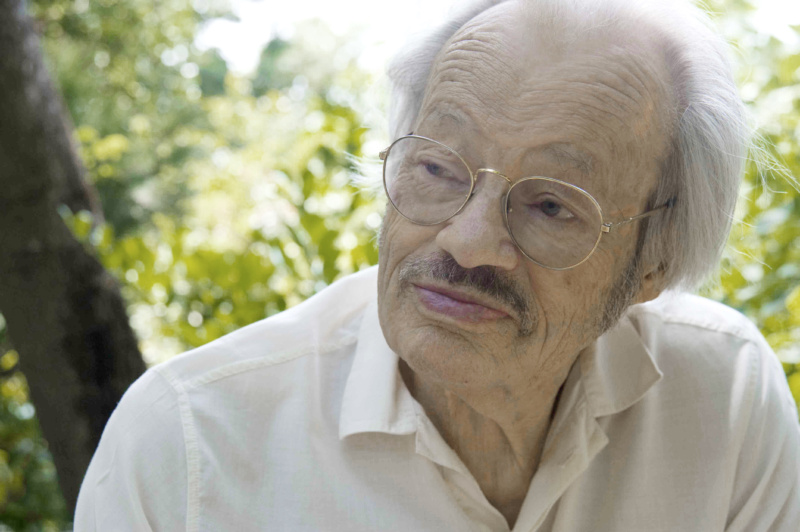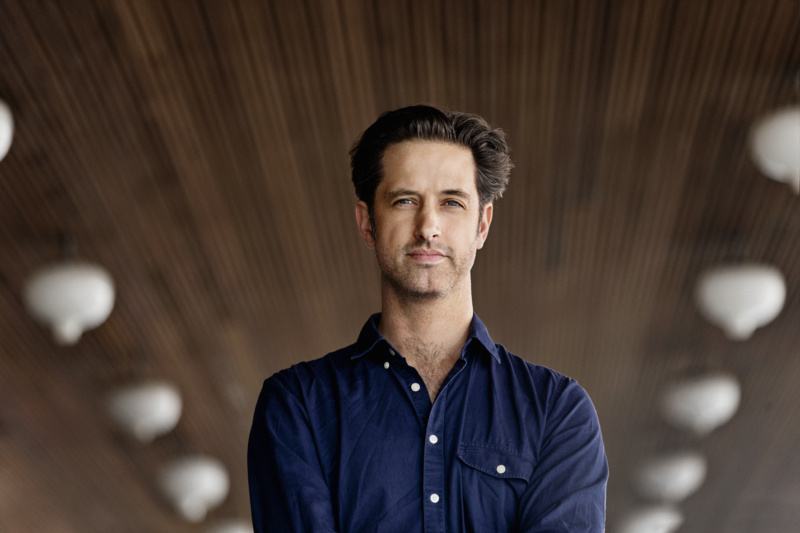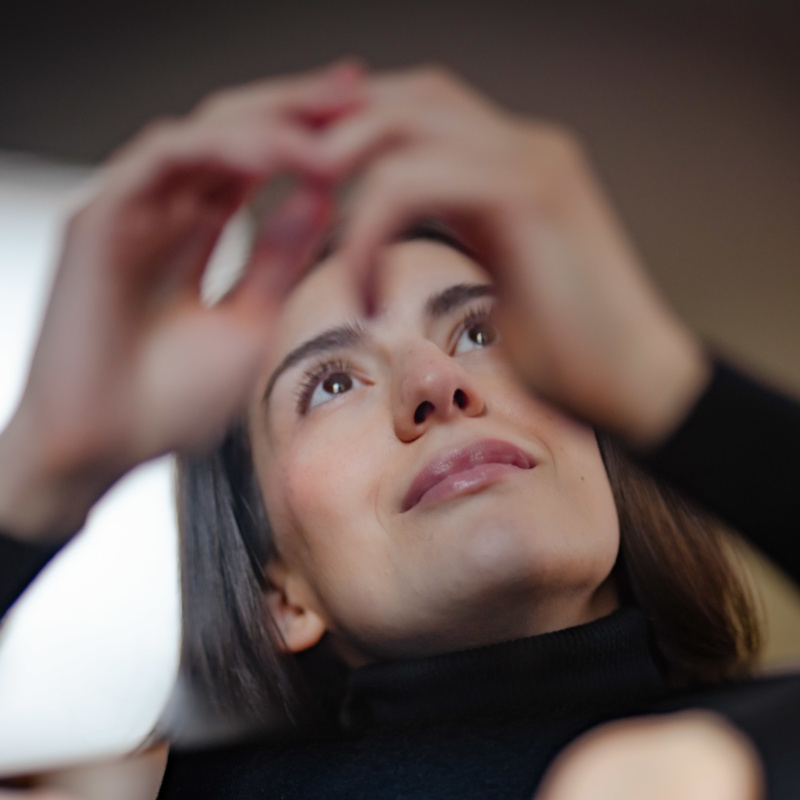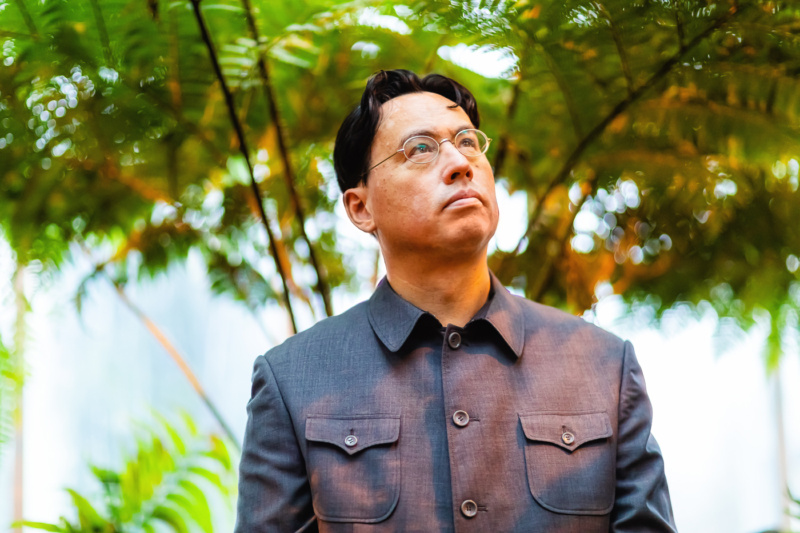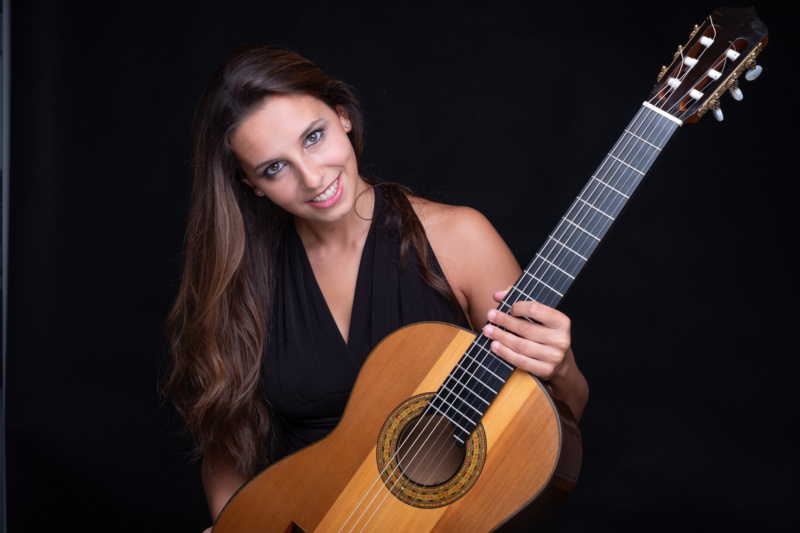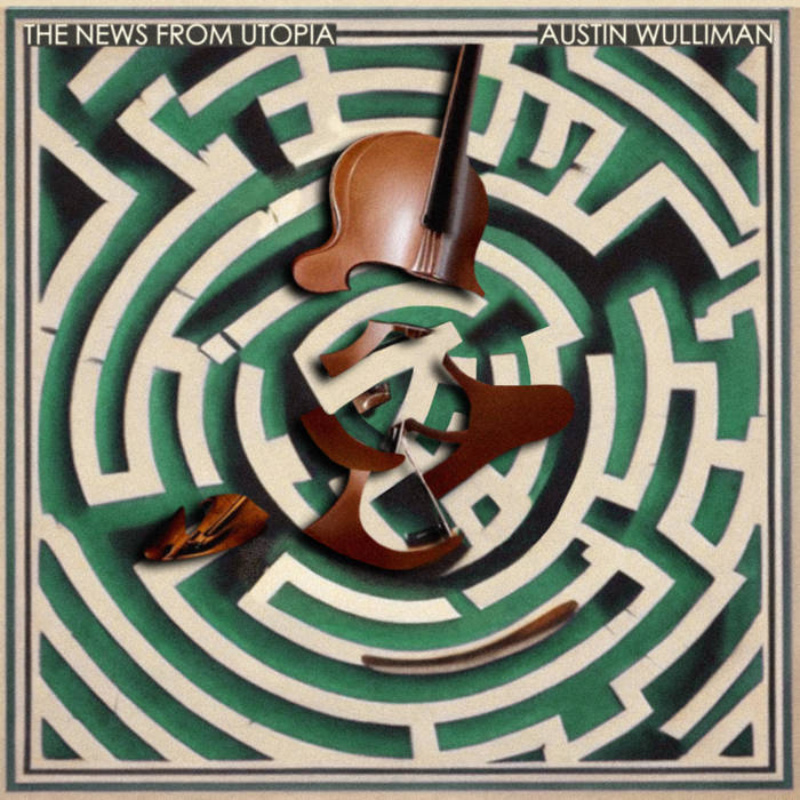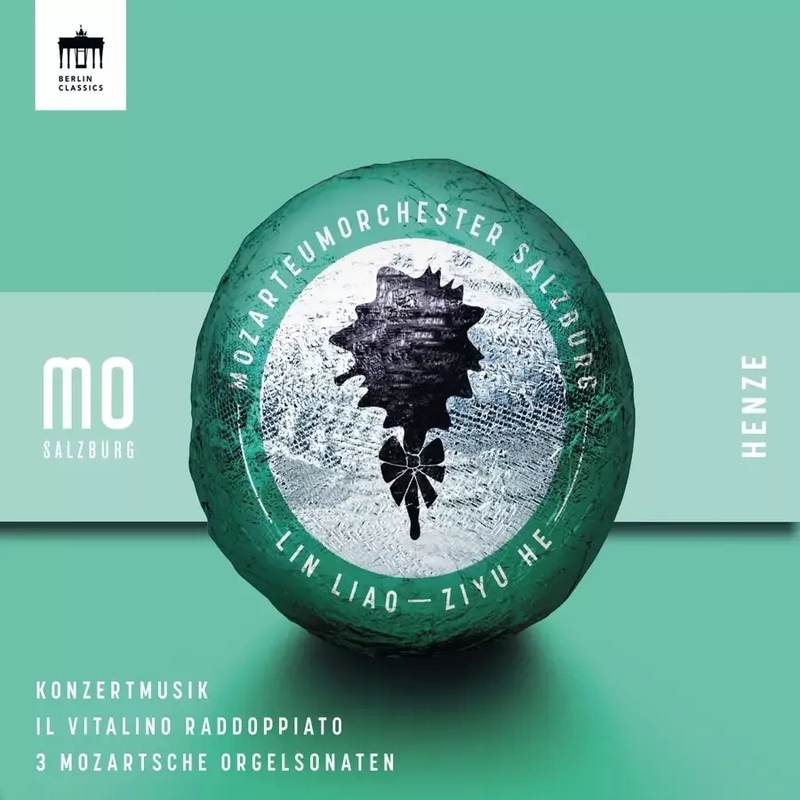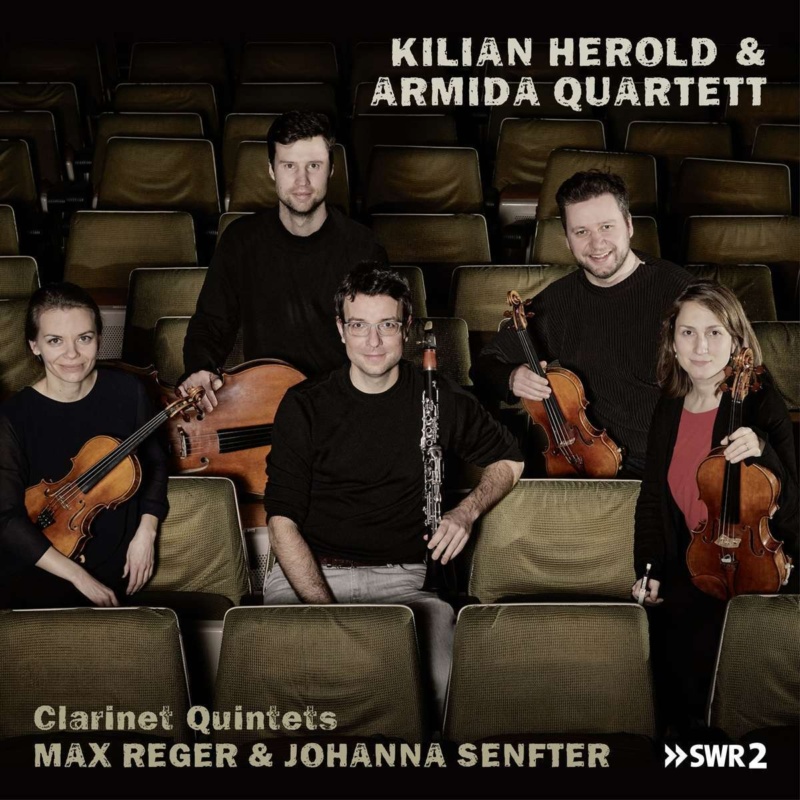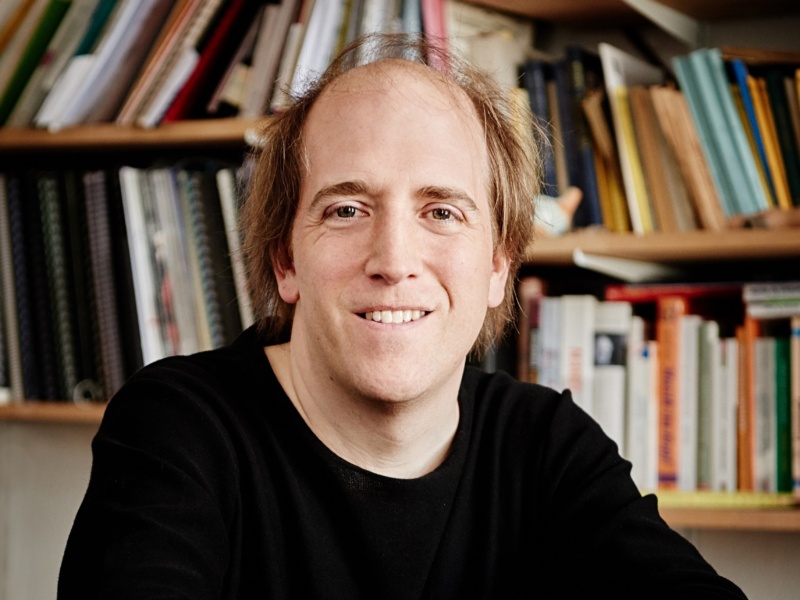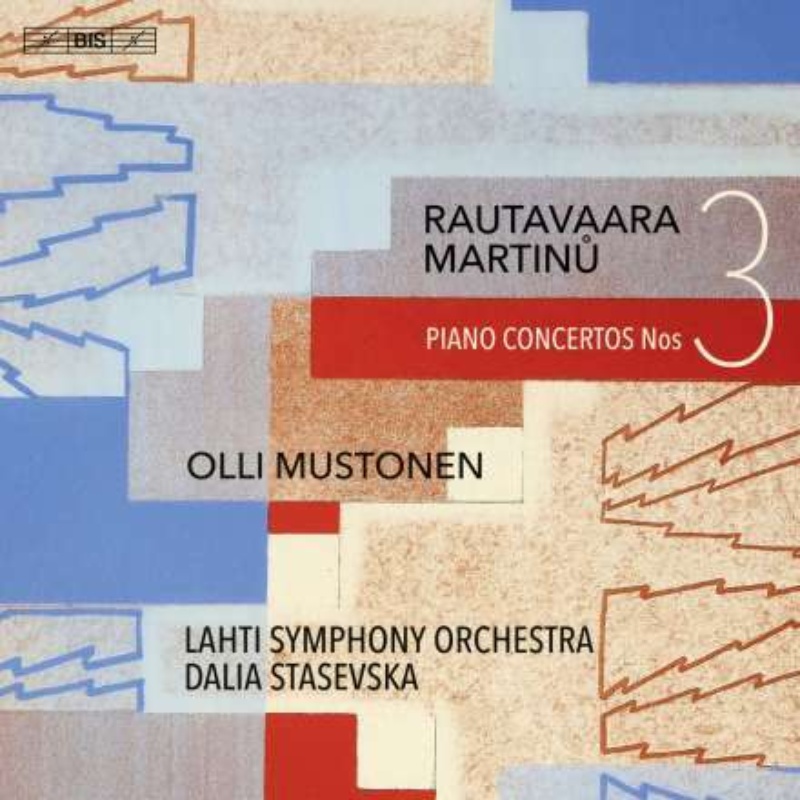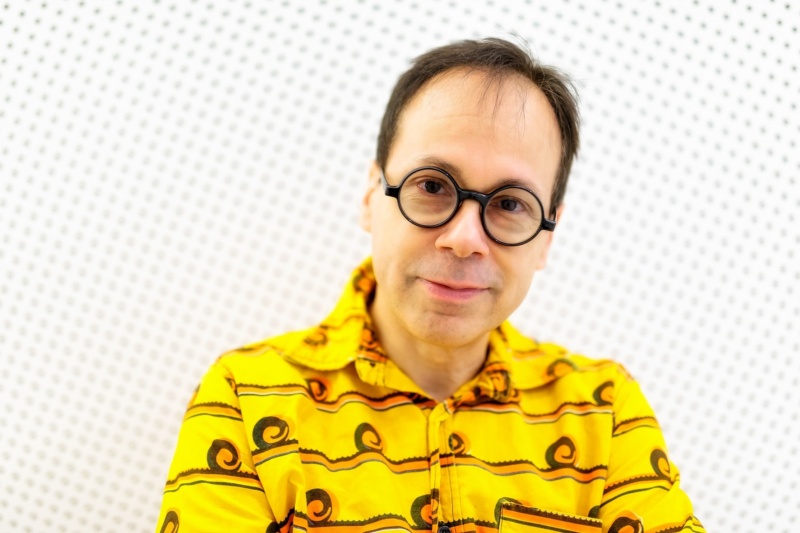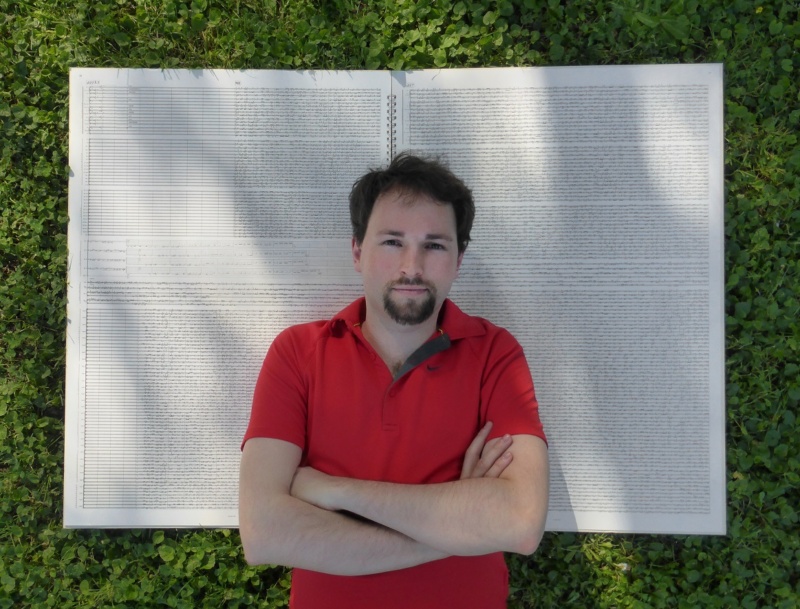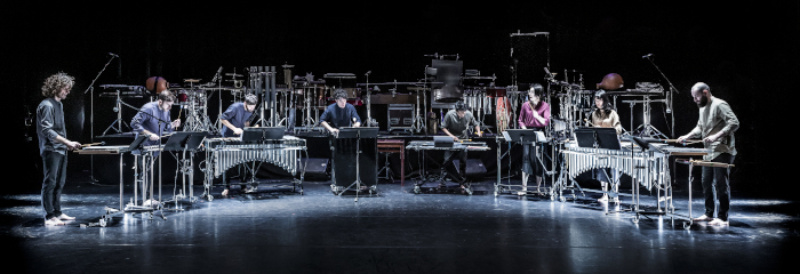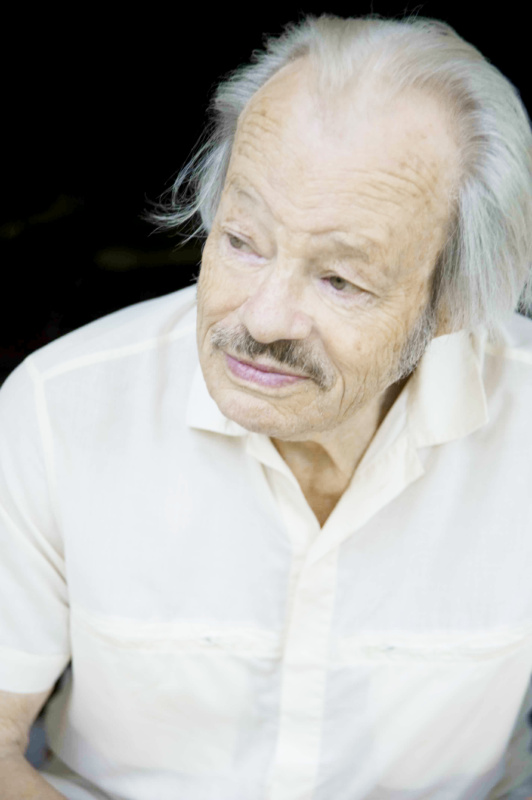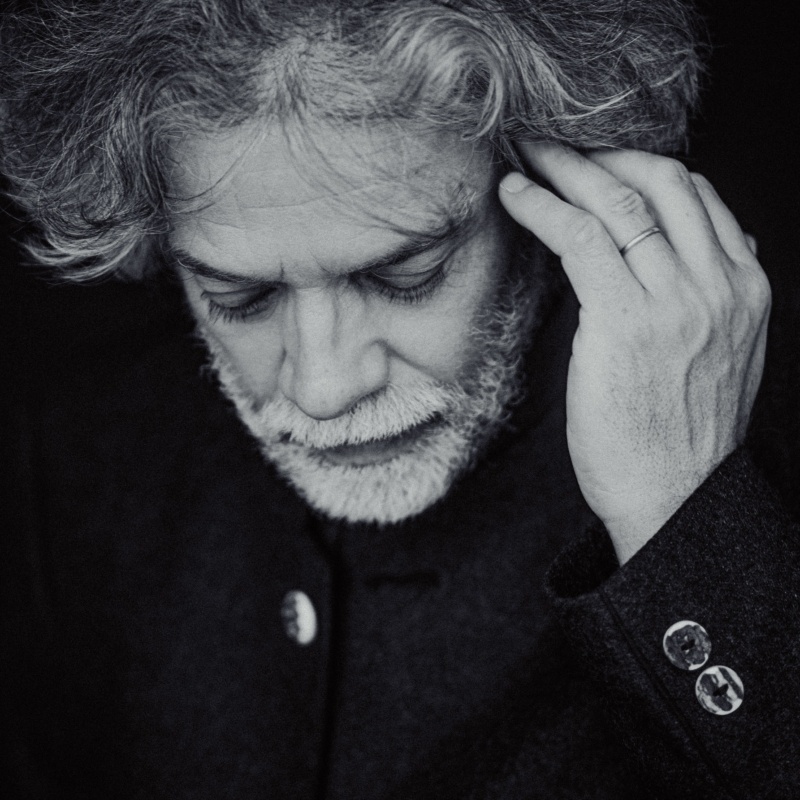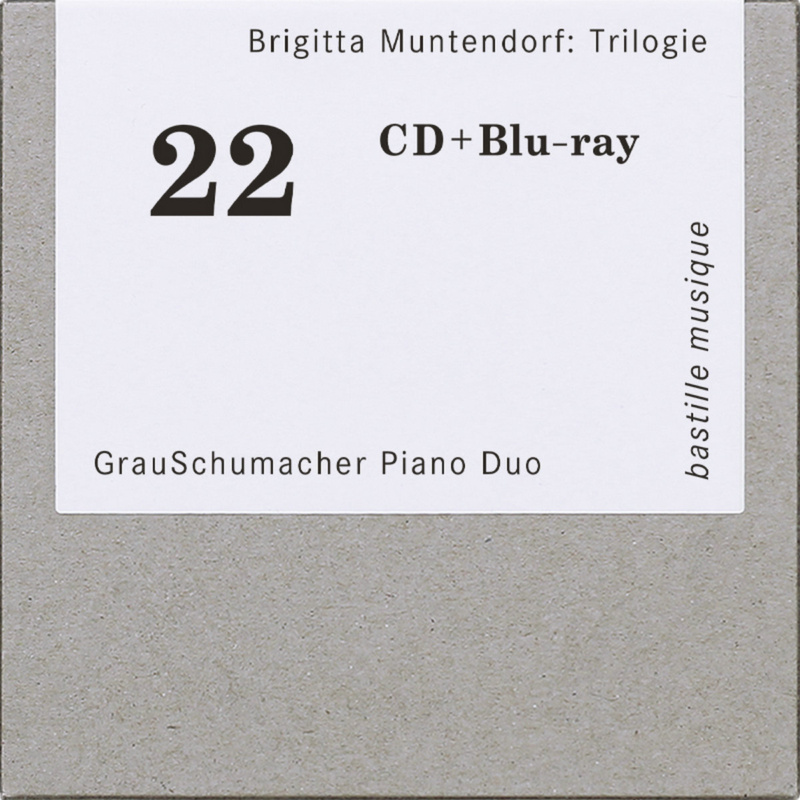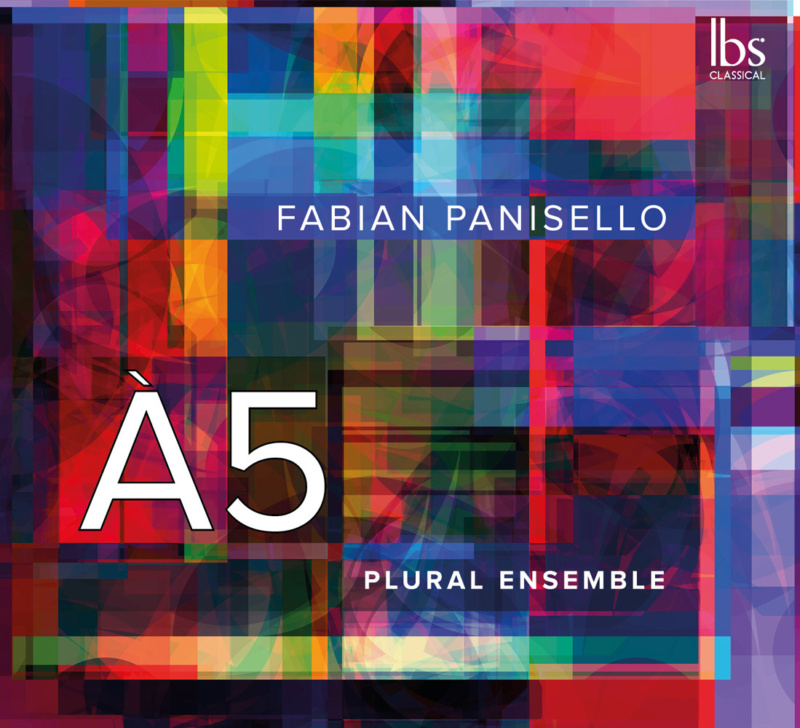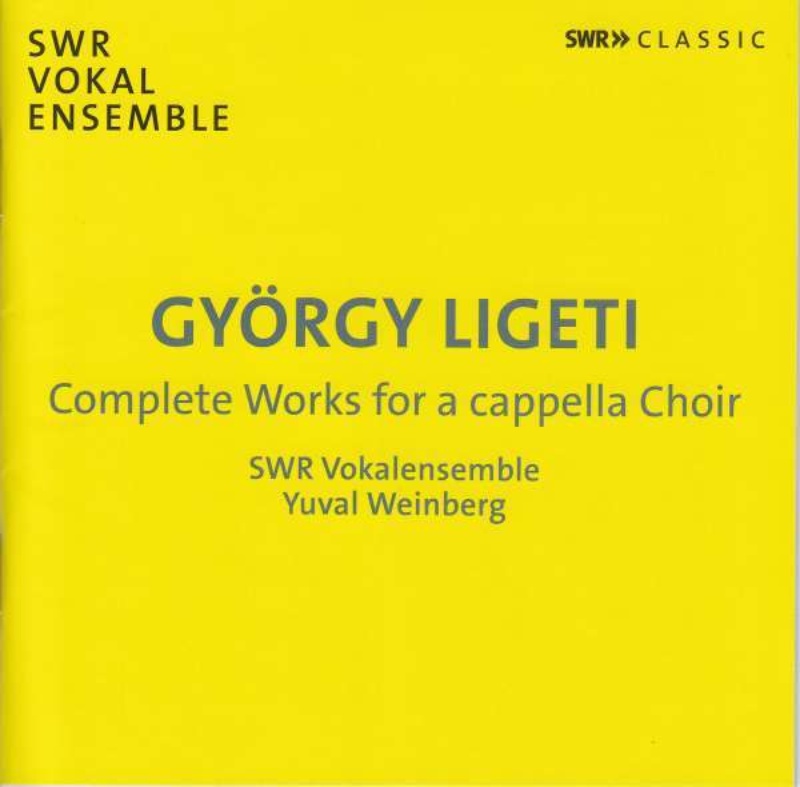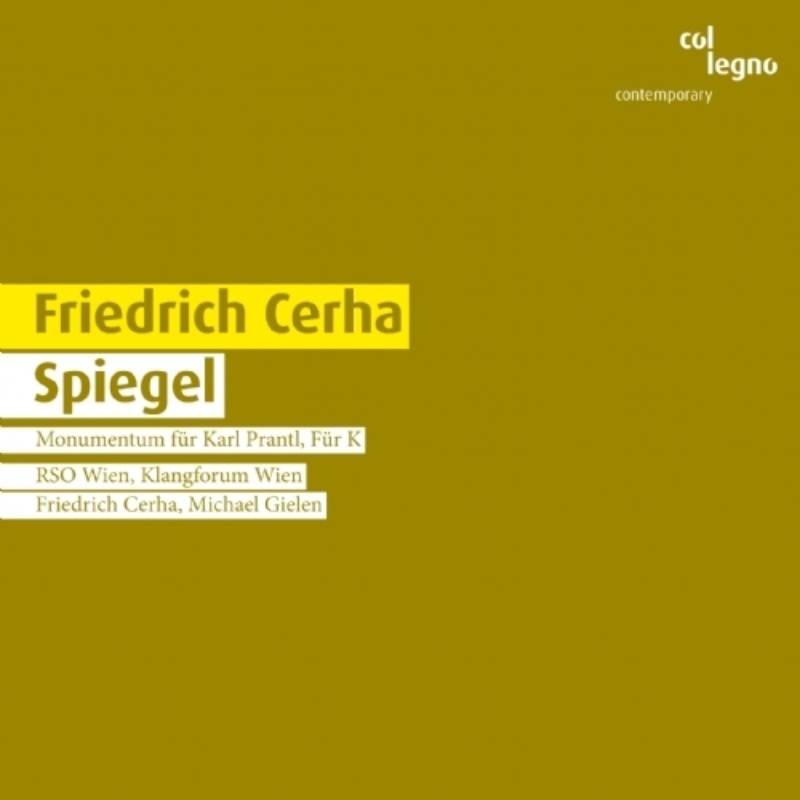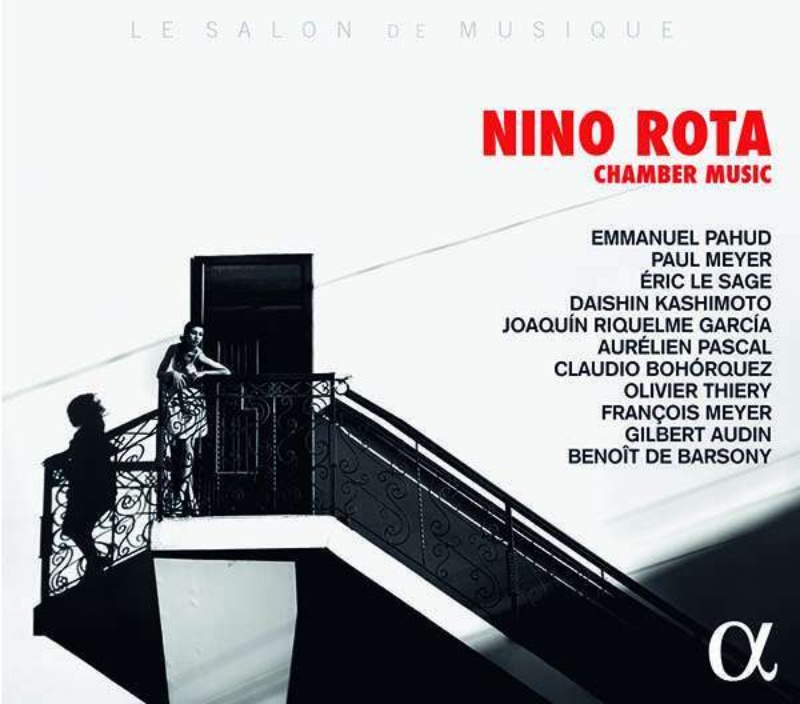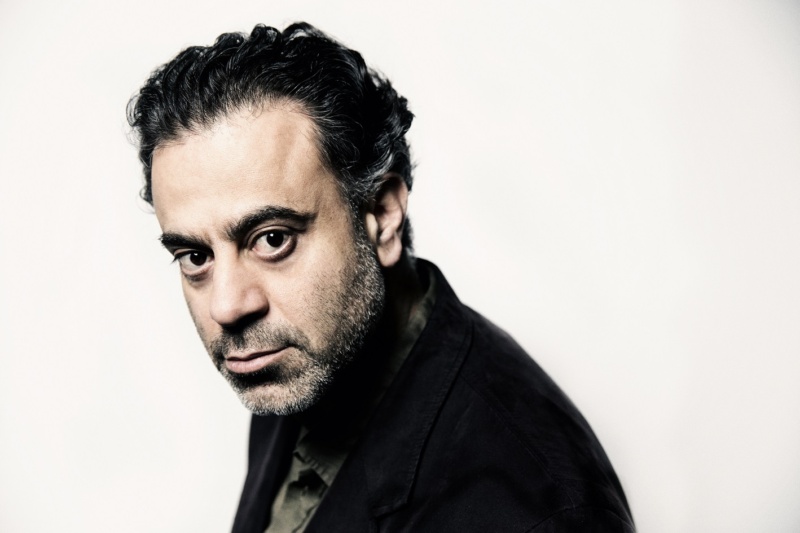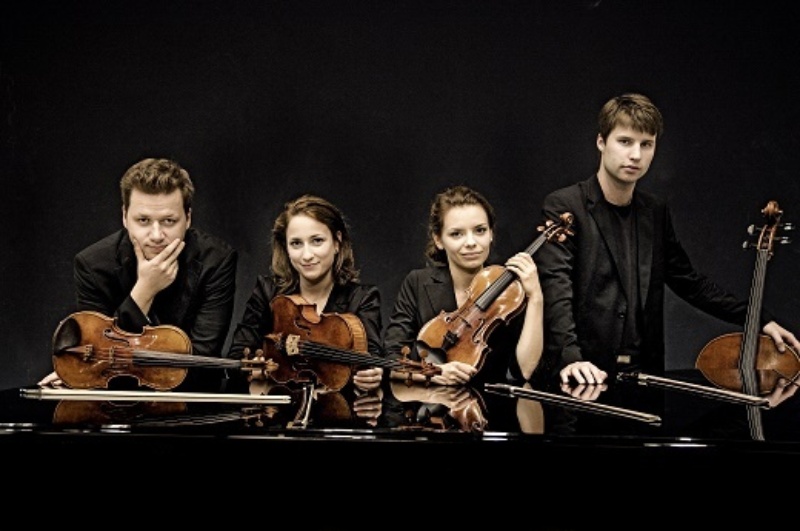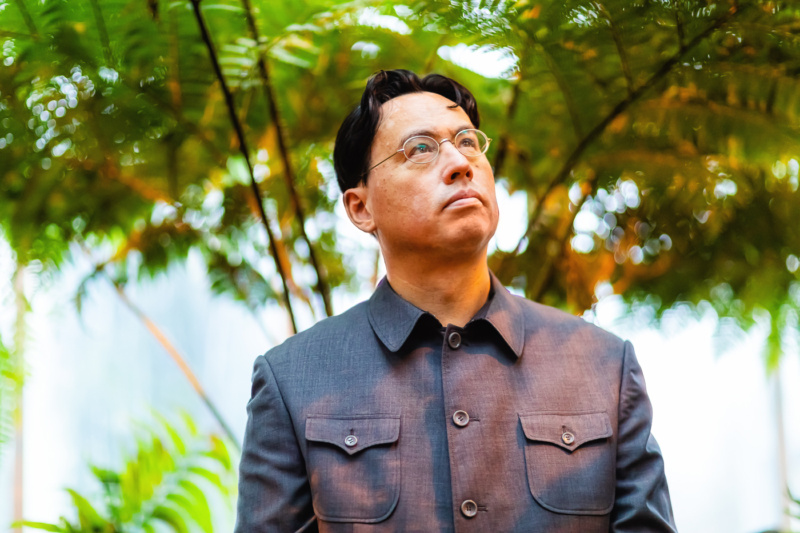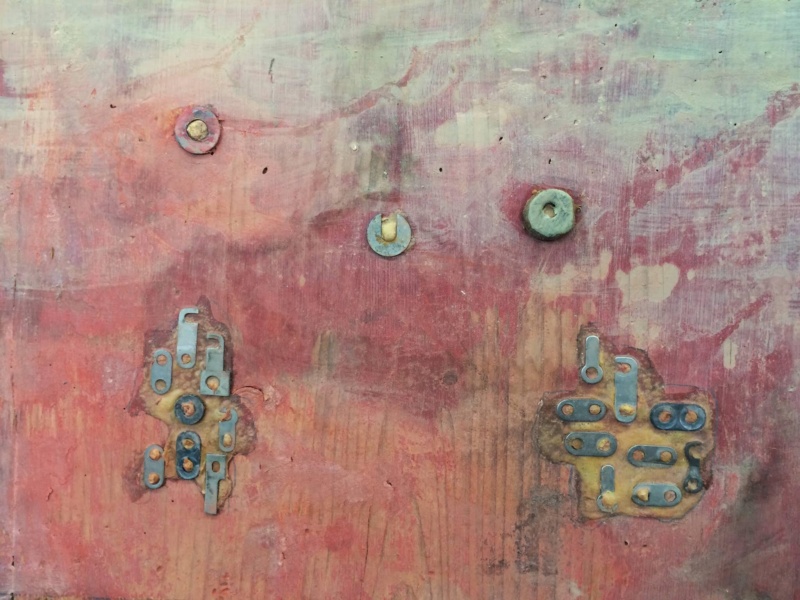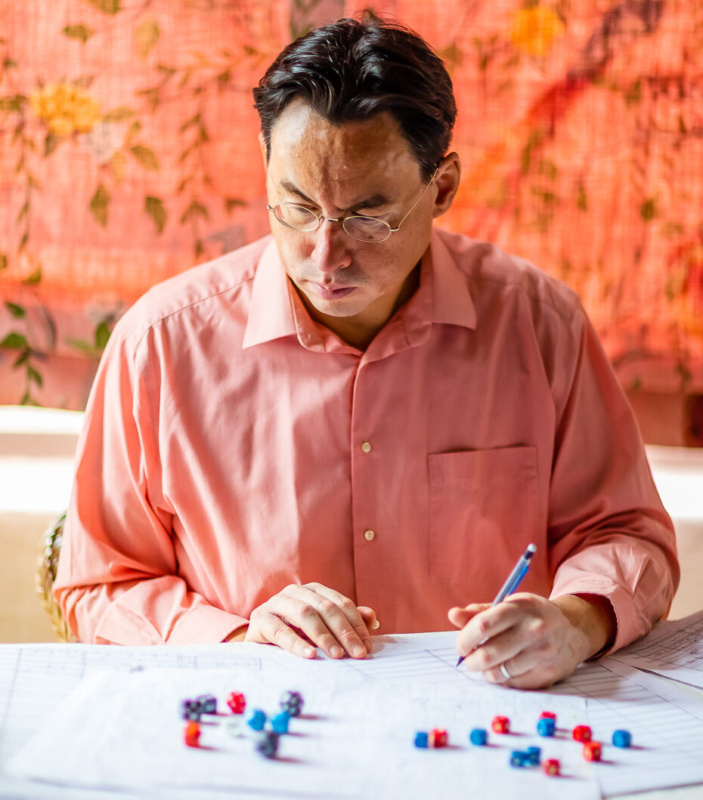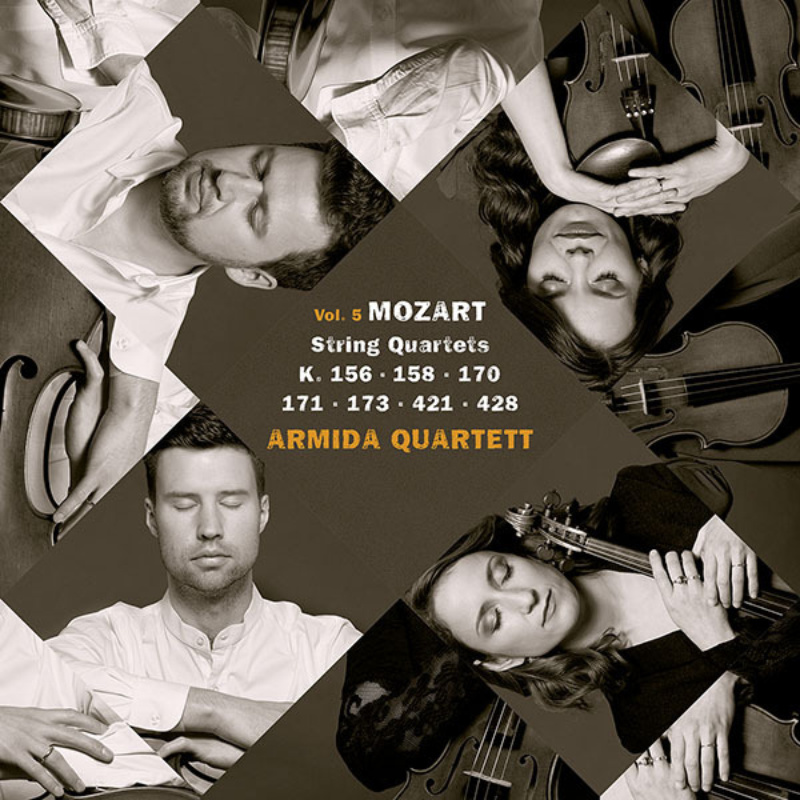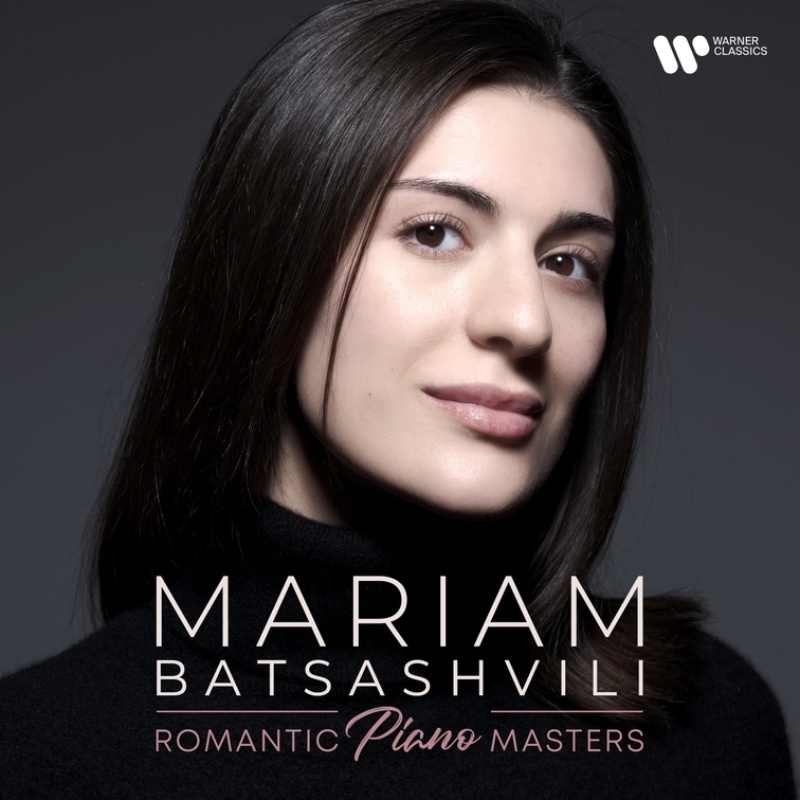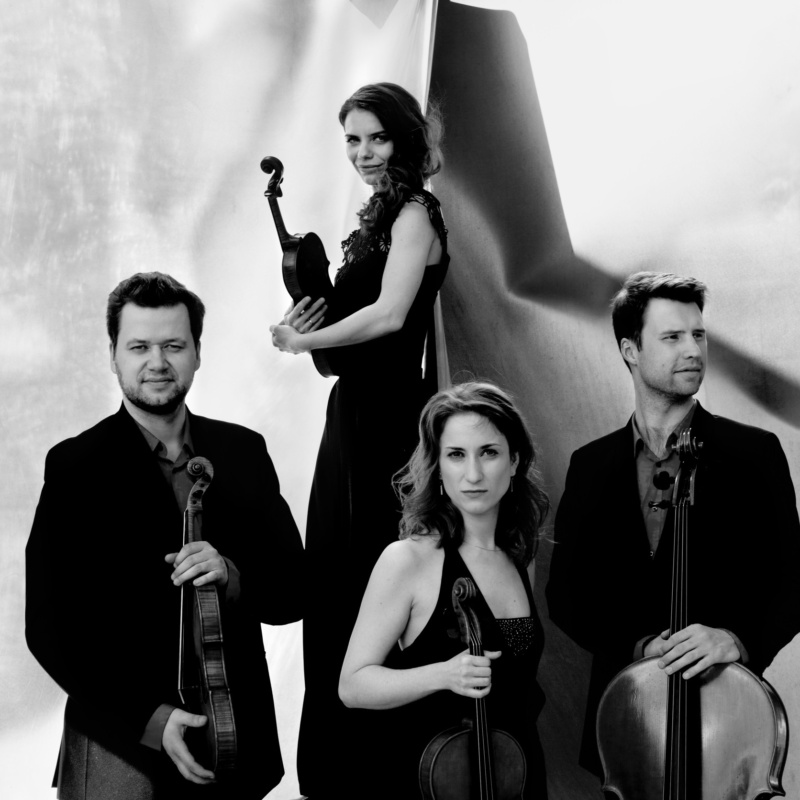From the very beginning of her career, Sarah Wegener has impressed the audience with her versatility: the soprano effortlessly switches between stylistic periods and genres – from Bach oratorios to orchestral songs by Strauss, from classical and romantic music to world premieres of new operas. The fact that she is now making her debut in the role of Sieglinde shows once again that her "wonderfully warm, full soprano voice" (Süddeutsche Zeitung) defies all too rigidly defined vocal boundaries. Nevertheless, even she was surprised when the role, which is often cast with mezzo-sopranos, was offered to her. "My reaction was: No, Sieglinde, that's not possible. Fortunately, I gave it a try! After just a few pages, I knew: yes, it has to be this part, although – or maybe even because – it's low in range."
For Kent Nagano, Sarah Wegener is undoubtebly an ideal cast in the second part of his historically informed Ring tetralogy, which the conductor is realising as an unprecedented project: Musicological research and artistic realisation go hand in hand in his "Wagner Cycles". Concert performances with the Dresden Festival Orchestra and Concerto Köln are scheduled for Prague, Cologne, Hamburg, Dresden, Amsterdam, and Lucerne.
"The project deals with a historical perspective that influences many levels. Among other things, the orchestra plays original instruments," explains Sarah Wegener, for whom this is the second production as part of the Wagner Cycles – she sang the smaller role of Freia in 2021 and raves about it: "I was so enthusiastic about the sound in Rheingold. For example the full brass settings, like the Valhalla motif, sound so soft, round and beautiful with the natural instruments – simply golden."
The voices have to adjust accordingly to the lower pitch of 435 hertz. "You can hardly practise this beforehand and therefore have to fully immerse yourself in the encounter with the orchestral sound," says the soprano. "It reminds me a lot of the modern operas I've done – you can't create a spectral sound by Georg Friedrich Haas, for example, when you practise in your studio with a piano." The special Wagner interpretation also places particular demands on the diction. "It's not just about speaking every single sentence clearly, but every syllable, every single consonant. The aim is for everyone in the hall to understand everything," says the singer.
The fact that Wagner is still quite new for her – like for most of the singers in the ensemble – actually works in her favour. And she enjoys the input from the artistic-academic production team, which enriches her role studies: "The theatre and literature scholar Dominik Frank from the University of Bayreuth, for example, provides us with background information about what certain scenes or images mean, and this also changes my approach to the role. I realise, for example, that Sieglinde is not as shy as I thought." The first rehearsals were already groundbreaking in the process of shaping "her" Sieglinde. "It was a kind of Zen moment for me," describes Sarah Wegener. "I worked through an entire weekend with the répétiteur Volker Krafft – and instead of being exhausted, my whole body was pulsating. I love the physicality of it all."
Another key moment in the discovery and development of her vocal potential happened several years ago. "I sang Mahler's 8th Symphony for the first time in 2017, under Eliahu Inbal in the Elbphilharmonie. It was a milestone for me because I discovered something I hadn't known before: I didn't realise that my voice had so much power. I can sing over large crowds of people with the greatest joy. Sometimes I can't even believe it myself. I've now performed the work perhaps around 15 times, including with Kent Nagano, and the feeling is even continuing to grow. There is a highly dramatic moment in me – despite my lyrical voice."
This development went hand in hand with an inner need to incorporate the lower register more strongly. "I realised how much the high register benefits from the low register: If I can sing a super-open chest tone, the high C comes naturally. I have continued to develop this – I have sung low songs by Alma Mahler, which are actually for mezzo-soprano, or I simply no longer shied away from choosing repertoire that emphasises this aspect of my voice. Because why shouldn't I utilise its full potential?" In April 2024, she can also be heard performing Mahler’s Kindertotenlieder with the Real Orquesta Sinfónica de Sevilla under Marc Soustrot – in the version for mezzo-soprano. "It's something completely different," she says happily. "There are no high notes to shine with, but when I sing in the lower register, I'm completely at one with myself. It just feels good."
New music has certainly also helped her to discover this potential. She celebrated great success with the operas of Georg Friedrich Haas, for example, and she can regularly be heard with Heinz Holliger in new works that always demand great flexibility from her. "Interestingly, this modern sound world has helped me to find immediate access to everything, including Wagner and Mahler. People usually say that Mahler helps you find access to new music, but for me it's the other way round. New music opens the ears, you go into the breadth and the width. And it contains the entire development of what came before."
If you ask Sarah Wegener whether she meticulously planned this broad repertoire development, she laughs and waves it off. "It may sound like too much Pathos, but I would say it comes from the heart," she says. However, this approach should by no means be confused with arbitrariness: Sarah Wegener follows her intuition with very fine antennae and tries to take it more seriously than external expectations. "When I sang Mahler's 8th for the first time, for example, many people were surprised because they had perhaps heard me with the St Matthew Passion or Mozart's Et incarnatus est. They couldn't imagine that I had that kind of power. But I knew that I could do it, and sometimes you have to say: bam, here I am, I'll do it."
This certainly doesn't make Sarah Wegener's individual path any less strenuous, and she also has a strict preparation programme for Sieglinde. "It's a great advantage for me to be able to sing this role in concert performances first and to be able to concentrate fully on my body and voice," she says. "But Sieglinde is still no walk in the park. Full body strength workouts help me a lot. I would never have thought it, but it's a different kind of singing." For Sarah Wegener, this is another component in vocal care and vocal health, aspects that are always at the centre of her focus anyway. "It's very important that you support yourself with the consonants – a healthy way of singing. Having the confidence that this is big enough is sometimes difficult, but essential," she explains.
Regeneration should also not be underestimated. "What does it mean, for example, if I've sung Mahler 8 – can I rehearse Handel the next morning? I say, of course you can, but you shouldn't." She continues: "I stand by that: Regeneration is part of the job, just like vocal care – knowing what you can do when you're vocally tired. You mustn't forget that the entire larynx is surrounded by muscles. If you know how to relax them, that helps a lot." She explains that it is therefore difficult to reconcile a busy schedule with the requirements of a healthy voice: "I have a responsibility. When I take on engagements, I have to constantly think ahead about whether I can guarantee that I can perform at my best."
Sarah Wegener doesn't do things by halves in any of her projects and engagements, and when asked about her wishes for the future, she answers accordingly: "I just want to be myself, make music from the heart and not do anything where I have to make myself small. I want to be able to shine with all my potential and delight people." Whether with orchestral songs, which she is particularly passionate about, or with recitals with her accompanist Götz Payer, where she often feels a special connection to the audience – but above all with any music that is on her current agenda, such as Sieglinde. "The first act begins in pianissimo, with a kind of Sprechgesang, sizzling and crackling. And at the end of this act there's an outburst of line and singing. I'm looking forward to it," she enthuses and repeats: "I'm SO looking forward to it."
more information and concert dates: Wagner-Lesarten/The Wagner Cycles
